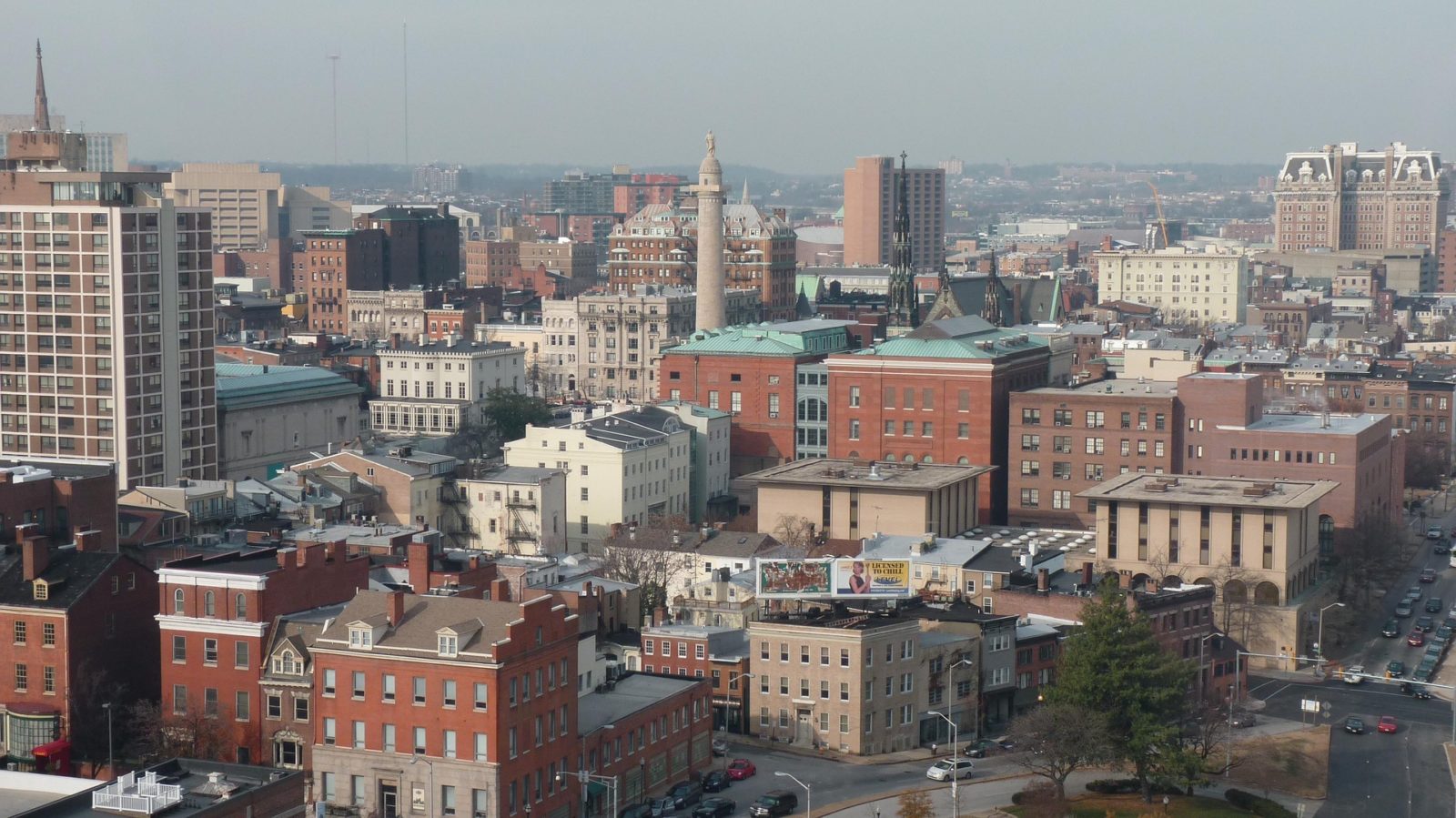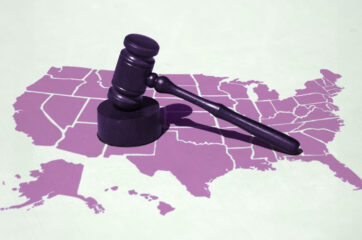Clean air and water are not always guaranteed to all Marylanders. Environmentalists across the state are pushing to bring more attention to issues of environmental justice. As part of this effort, advocates are attempting to add an amendment to the state constitution that would mandate equal access to clean air and water, as well as refining the Maryland Environmental Justice Commission.
In certain counties, such as Prince George’s County and Anne Arundel County, residents have to deal with poor air and water quality, on top of being disproportionately exposed to hazardous facilities. In the Lothian area of Anne Arundel County, for example, many residents live near mining sites and wastewater treatment plants, which are often noncompliant with operating permits. Twenty percent of people living within a three-mile radius of the mining and reclamation sites are African-American.
These injustices exemplify environmental racism, where environmental hazards are systematically placed in low-income communities and communities of color. These hazards greatly afflict the communities in which they’re located, and studies from the National Institute of Health show that cancer risks associated with chronic toxic exposure disproportionately affect African-American communities.
During zoning decisions, communities disproportionately impacted by environmental injustices are often designated as sacrifice zones. A “sacrifice zone” is a term used to describe communities where residents live near extremely dangerous environmental hazards, and these communities are often predominantly people of color — this applies to parts of the Lothian area.
Baltimore City is another area with a high prevalence of environmental racism. Black Americans in Baltimore are disproportionately impacted by water affordability issues, as water rates have risen more rapidly than the national average, partly due to failing infrastructure. Studies show that by 2022, the average annual water bill for Baltimore citizens will be triple the national average of 2010 water bills.
In November of 2021, Baltimore once again missed the deadline to implement a water-affordability program, reinforcing the need for this and other environmental justice issues to be addressed through comprehensive state-level policy.
A Way Forward
Maryland currently has an Environmental Justice Commission, but it has received criticism in the past for its inefficacy. Established in 2001, the Commission has yet to push any significant policy related to environmental justice. Advocates said part of the reason the commission wasn’t ineffective was because of the lack of representation from communities of color — the same communities disproportionately impacted by environmental crises. Sacoby Wilson, an associate professor at the University of Maryland School of Public Health, says “This is especially difficult when there is a lack of strong community-based environmental justice infrastructure in Maryland. […] There are dedicated individual activists, but not as many organized grassroots green groups exclusively fighting for environmental justice in the state.”
The Environmental Justice Commission was strengthened to support environmental justice efforts in Maryland with SB 674, sponsored by Sen. Sarah Elfreth (D-Anne Arundel), which passed in 2021 with the intention of adding more teeth to the current commission and increasing diversity by requiring that at least one member are from communities most affected by climate change. Monica Brooks, a community member who organized Concerned Citizens Against Industrial CAFOs (concentrated animal feeding operation) who managed to expel a 13-house poultry complex that was going to be built half a mile away from her house without the council, is now on the council.
The Maryland Campaign for Environmental Human Rights, along with other environmental advocates in Maryland, are pushing for an amendment to the Maryland Bill of Rights, which would constitutionally protect the right to a healthy environment. Many are hopeful the measure will be passed in the upcoming legislative session. Del. Wanika Fisher sponsored HB 82 last session, which would have added the environmental amendment to the Bill of Rights, and she plans to reintroduce the measure in the 2022 legislative session with Senator Will Smith.
If the measure were to pass, the Maryland constitution would mandate that “each person, as a matter of human dignity, has the fundamental and inalienable right to a healthful environment.” The amendment would be a very beneficial legal tool for protecting natural areas of Maryland and defending victims of environmental injustices.
The Rebuild Maryland Coalition, led by Climate XChange Maryland staff, has introduced a new bill in Maryland this session — the Climate Crisis and Environmental Justice Act (HB0171/SB0135). The bill has three major components: set new statewide emission reduction goals, establish two fossil fuel fees — coupled with two separate funds for green infrastructure, and household and employer benefits — and create a Climate Crisis Council.









